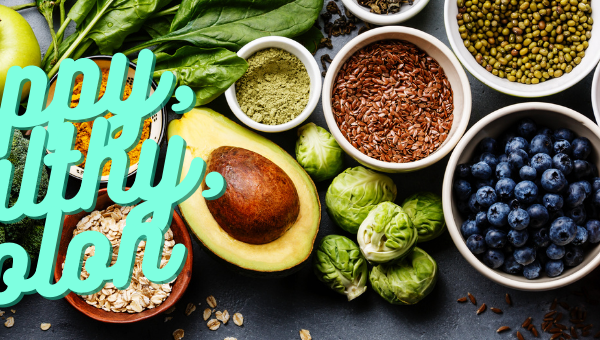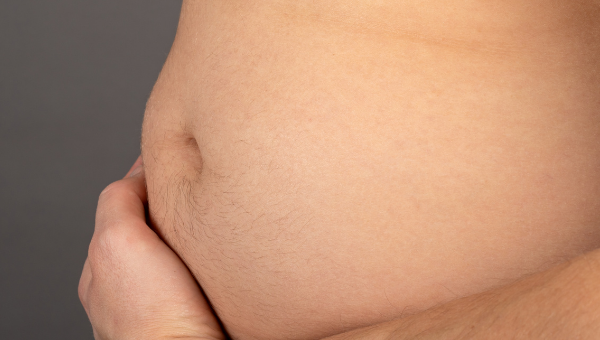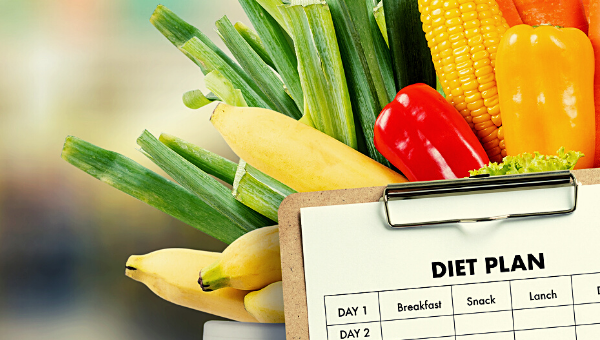True or False?
The truth about your digestive system disorders is that they belong to you and don’t mimic any other. Your journey to better GI health depends on your personal situation. If you have questions, we are here to answer them. Here are a few we answer frequently.
You didn’t poop today? You’re constipated!
False. Clients constantly ask about constipation and frequency of pooping. How many times a day should I poo? My poo is hard. My poo is soft. I can’t poo without taking a laxative, etc.
Some people poop every day, and some less often. Constipation is an issue if you have fewer than five bowel movements a week – consistently – for about three weeks. The same could apply if you poop more than that. If you think you have a digestive system disorder, here are some things to look for:
- BMs are very hard or very small – you need more fiber and water
- BMs are always loose and explosive – you need more fiber and water.
- You spend a lot of time straining – low peristalsis or blockage.
- There is a feeling that your bowels aren’t empty after you go – commonly caused by obstruction or contraction within the intestinal tract, a bacterial infection, or a nerve abnormality in the digestive system.
Can you have hemorrhoids and not know you have them?
True. Most adults will suffer from hemorrhoids some point, but sometimes you may not know you have them. Whether internal or external – hemorrhoids usually cause itching, pain, and swelling. Don’t worry. Medical treatment is only necessary for hemorrhoids if you have persistent symptoms or continuous discomfort. A digestive system disorder or flare up can cause hemorrhoids – or a too low or no-fiber diet.
Ulcerative Colitis, Crohn’s Disease and Irritable Bowel Syndrome (IBS) are the same thing?
False. They are three separate digestive system disorders that share similar symptoms.

Ulcerative colitis is a type of inflammatory bowel disease (IBD) in the large intestine (colon) and rectum. It causes diarrhea, belly pain, irritation and sores on the intestinal wall.
Crohn’s disease is also an IBD, but can affect any part of the digestive tract.
IBS can be very uncomfortable, but it doesn’t harm your intestinal lining.
The leading cause of liver disease is alcohol.
False. Not all fatty liver issues are from over-consumption of alcohol. Fatty liver is also considered a digestive system disorder. Malabsorption of fat through the liver causes 1 in 10 cases – better know as non-alcoholic fatty liver. This happens when fat tissues build up in your liver and cause inflammation, Fat builds up in your liver when you eat and pass too much fat – or the wrong kinds of fat – through your digestive system.
Your risk of fatty liver goes up if you are overweight or eating a high fat diet.
The best treatment for fatty liver is weight loss, and cutting back on certain types of fat. But beware… going on a crash diet, losing more than 3½ pounds a week, can actually make it worse. Changing your diet slowly and methodically will reduce the stress on your body and help you form new and better eating habits.
Heartburn and gastroesophageal reflux disease (GERD). Are they the same thing? Is GERD a digestive system disorder?
False: Heartburn is a symptom of GERD. This condition causes stomach acid to flow backward into your esophagus, the tube that connects your throat to your stomach. This creates a burning feeling in your chest which we call heartburn. Heartburn is not always linked to GERD, but if you have heartburn more than twice a week, chances are you have an underlying digestive system disorder, or you are constipated.
Colon cleansing is an excellent way to clear up heartburn and excessive stomach acid.
Gallstones can grow as big as a golf ball.
True. Your gallbladder is a small organ below your liver that stores bile. Bile is the liquid that helps you digest food. Sometimes, the bile hardens into “stones,” which can be tiny or grow to golf ball-size. Often, gallstones don’t require treatment, but if they block your bile ducts, you may need to get your gallbladder removed.
If you’re lucky, during your bowel movement, these small stones will travel through the small intestine for release through your large intestine (colon). Try our Zencleanz FORGIVE for liver and gallbladder support if you suspect you may be developing gall stones.
Colon cleansing is also an excellent way to clear stones blocking the bile ducts.
Don’t eat fiber if you have Diverticulitis flare-ups?
False. Eat a low-fiber diet when you have a flare-up. Diverticula are small pouches that form in your colon that fill with fecal matter and become inflamed. Diverticulitis is an inflammatory response to a digestive disorder.
Serious complications from diverticulitis may require you to have surgery, but few people need to take this route. Regular colon cleansing can keep those pockets in the colon clear of these festering little bits of poop.
Straining when you poop can make it worse, so concentrate on high-fiber foods like fruits, veggies, and whole grains to help keep stools soft, so they pass easily. Try to avoid seeds and nuts, as during a flare up, they can aggravate the diverticulitis.
Examples of low-fiber food items for Diverticulitis during flare-ups
Stick to clear liquids for a few days during flare-ups. Examples of items allowed on a clear liquid diet include:
- Broth
- Fruit juices without pulp, such as apple juice
- Ice chips
- Ice pops without bits of fruit or fruit pulp
- Gelatin
- Water
- Tea or coffee without cream
When you start feeling better, you can book a few colonics and switch to:
- Canned or cooked fruits without skin or seeds
- Canned or lightly steamed vegetables such as green beans, carrots and potatoes (without the skin)
- Eggs, fish and poultry
- Refined white bread
- Fruit and vegetable juice with no pulp
- Low-fiber cereals
- Milk, yogurt and cheese
- White rice, pasta and noodles
I have Celiac disease, so I can still use shampoos and lotions that have gluten in them.
True. Some people have a type of celiac disease called dermatitis herpetiformis, which causes an itchy rash and is primarily from eating gluten, not by getting gluten on the skin. It’s safe to use gluten-containing products such as sunscreens, shampoos, and lotions. Avoid lipstick with gluten, though, as you may accidentally and unintentionally ingest some.




No Comments